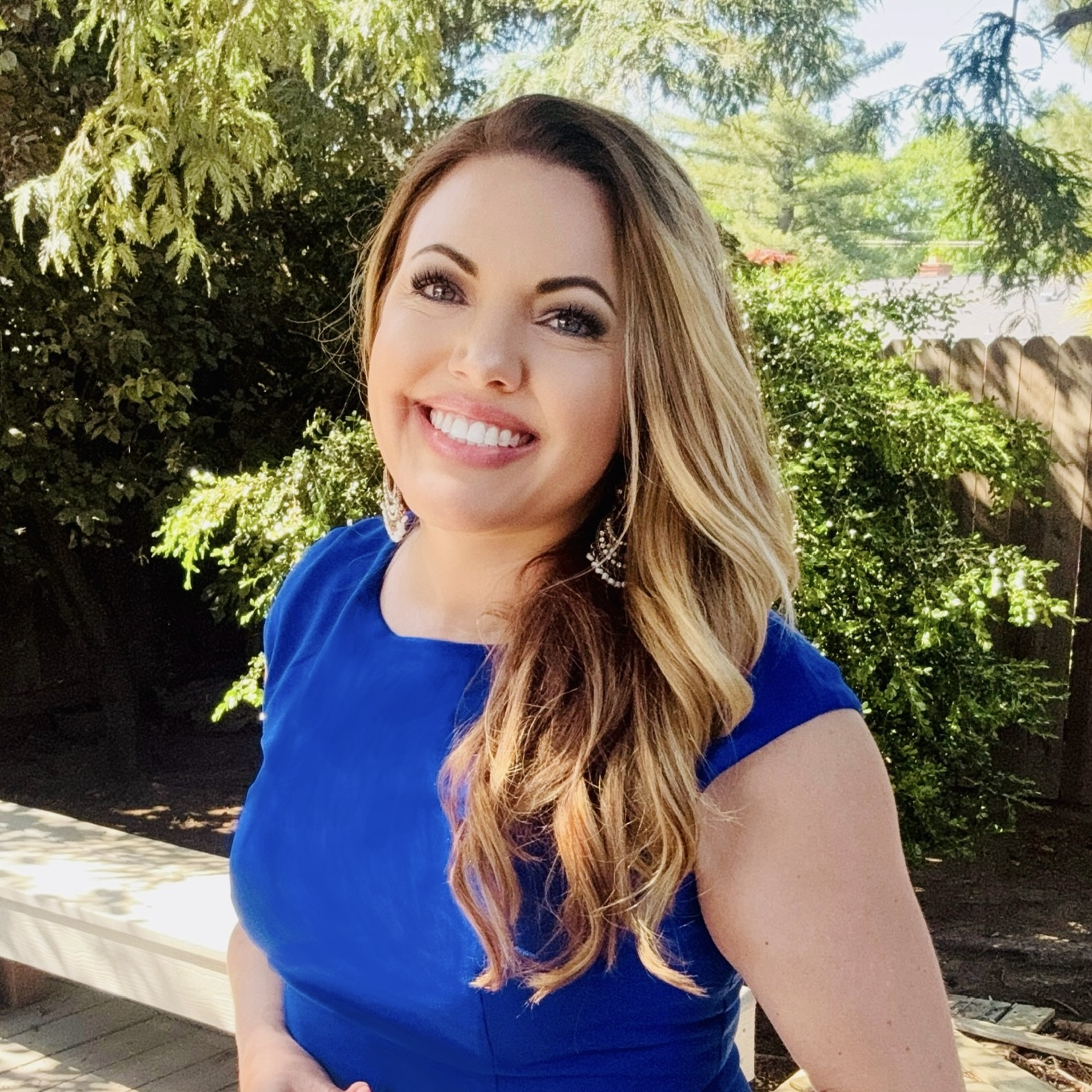The Problem With Labels
- Kristen Miller, EdD

- May 4, 2020
- 4 min read
One of the highest privileges I have in this world is educating future leaders of America. I created a series of lessons to help these leaders build character, resilience, strength, respect, and acceptance for all people. Before COVID-19 happened, I was working with a high school leadership class and delivered a workshop on labels and stereotypes. It ignited a bit of controversy but started an incredibly important and long-overdue conversation about acceptance.
One of my favorite videos that I show when doing this work is by Prince EA, titled "I Am NOT Black, You Are NOT White" (see below). The first time I shared this video was with a group of middle school students at a high poverty school in Sacramento. It hit them so hard that they kept asking to watch it again and again and again. And I obliged.
Hands down, the most powerful and inspiring message in this video is...
When you let an artificial label define yourself
Then, my friend, you have chosen smallness over greatness and minimized yourself
Confined and divided yourself from others
And it is an undeniable fact that
Where there is division, there will be conflict
And conflict starts wars
Therefore every war has started over labels
It's always us...versus them
So the answer to war, racism, sexism, and every other -ism
Is so simple that every politician has missed it
It's the labels...
We must rip them off
Labeling exists in many areas of our lives, and it is a byproduct of our evolution for the sensical purpose of categorizing and making sense of the world around us. When used for positive and productive things, labeling and categorizing can make everyday tasks in life more efficient. That said, we've gotten in the habit of over labeling things, situations, and people, which has ultimately boxed us into these predetermined beliefs about what that particular label "should be" about, rather than just what it IS about.
Let's dive into this a bit with regards to life and relationships.

Growing up, I had what many would view as the perfect family life modeled for me. My mom and dad were married (in fact, they're still going strong after 48 years together), and my sisters and I grew up in a home where my dad worked and my mom stayed home with us for the majority of our lives. So as we got older and transitioned into adulthood, we had this model, this "ideal" that theoretically we were supposed to live up to. This "ideal" didn't come just from my parents, it came from society. The "American Dream" that we knew and strived for was to finish school, find a job, find a husband, buy a house, have kids and raise them, and grow old with our husband while pumping money into the economy to keep capitalism alive and well.
All good in theory, except...
All of those pieces didn't fall into place as seamlessly as I believed they might, leaving me wanting more than the "American Dream" had to offer, particularly when it came to relationships. This sparked a conversation with close friends and family about how labeling relationships can sometimes be more damaging than helpful. Let's take marriage for example. One of my friends met a lovely woman and fell madly in love with her. He was smitten and so was she. After a couple of years, he proposed and they got married. After they put the "marriage" label on their relationship, things fell apart. They got divorced a few years following their blissful vows.

This conversation sparked yet another conversation with a different friend. This friend and I commiserate sometimes about the trials and tribulations of romantic relationships, so I thought he'd be the perfect person to get feedback on this relationship-labeling detriment. So I asked him his thoughts and he said that in his past relationships, he's often been told he's an "asshole." My response was, "Hmm, you don't really seem like an asshole to me." To which he responded with, "Right, but if we were in a relationship, you'd probably think the things that I'm saying are asshole-ish." I thought about it for a minute and 100% agreed.
Why is it that we can behave a certain way with a certain label on our relationships (aka the "friend" label) and have it be okay and accepted, but if we stick a different label on that same relationship (aka "boyfriend/girlfriend" or "husband/wife"), it somehow changes the rules, and is no longer okay or accepted? (And the same goes for all other types of relationships...)
Do we get too comfortable or complacent when certain labels are applied?
Do we take certain relationships for granted?
Working in schools, I've come in contact with ALL different types of people on a daily basis and treated each and every one of them with the same level of dignity and respect as the other, all the way from the janitors to the secretaries to the food service workers to the instructional assistants to the librarians to the counselors to other teachers to the principal and vice-principals, to the district-level administrators.
The problem seems to be when we place more importance on the label instead of the person underneath the label.
So here's my question for you:
What are you doing to focus on people instead of labels?
What steps are you taking to ensure you treat all people with the same level of dignity and respect, regardless of the labels that cover them?





Comments